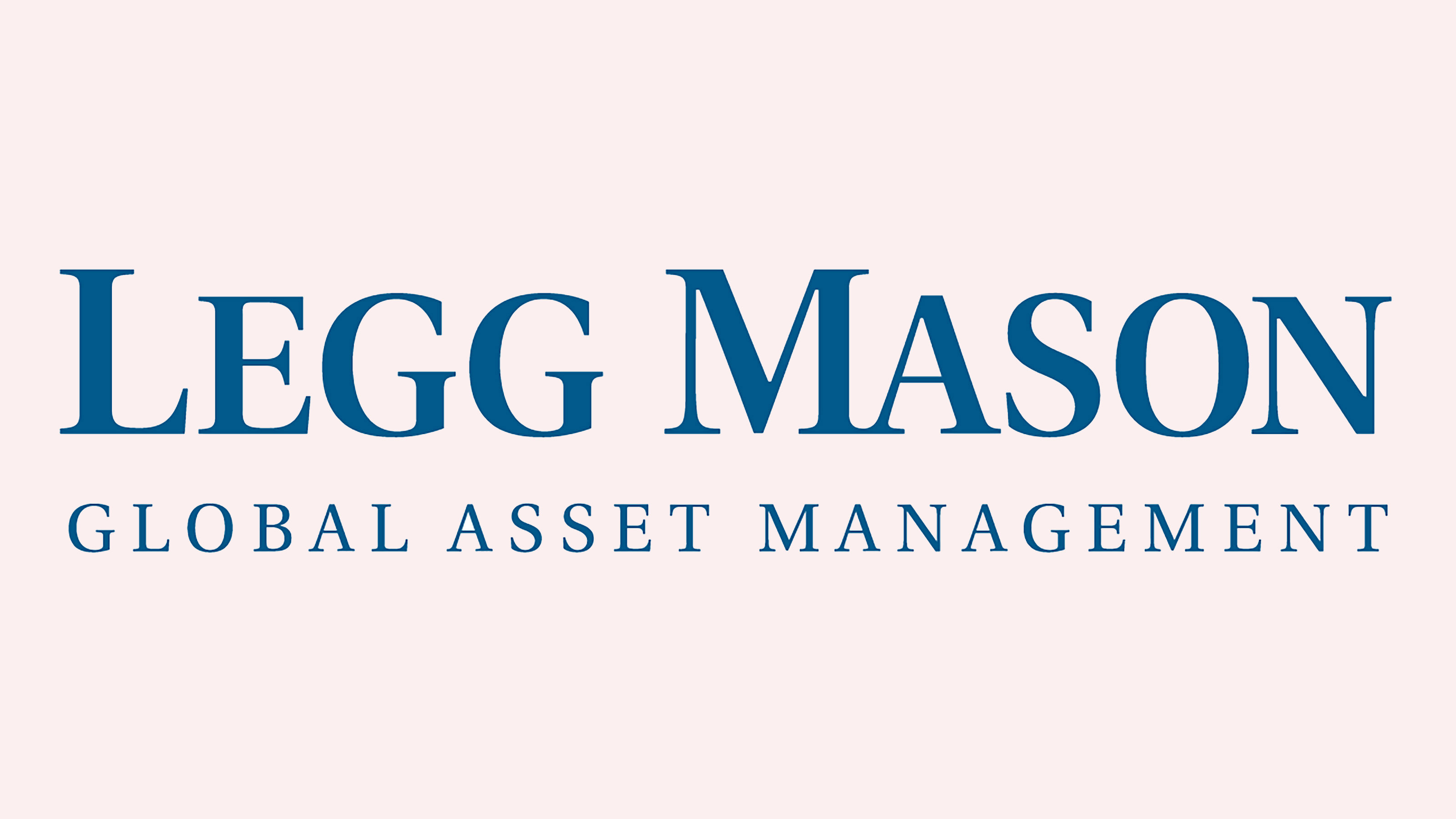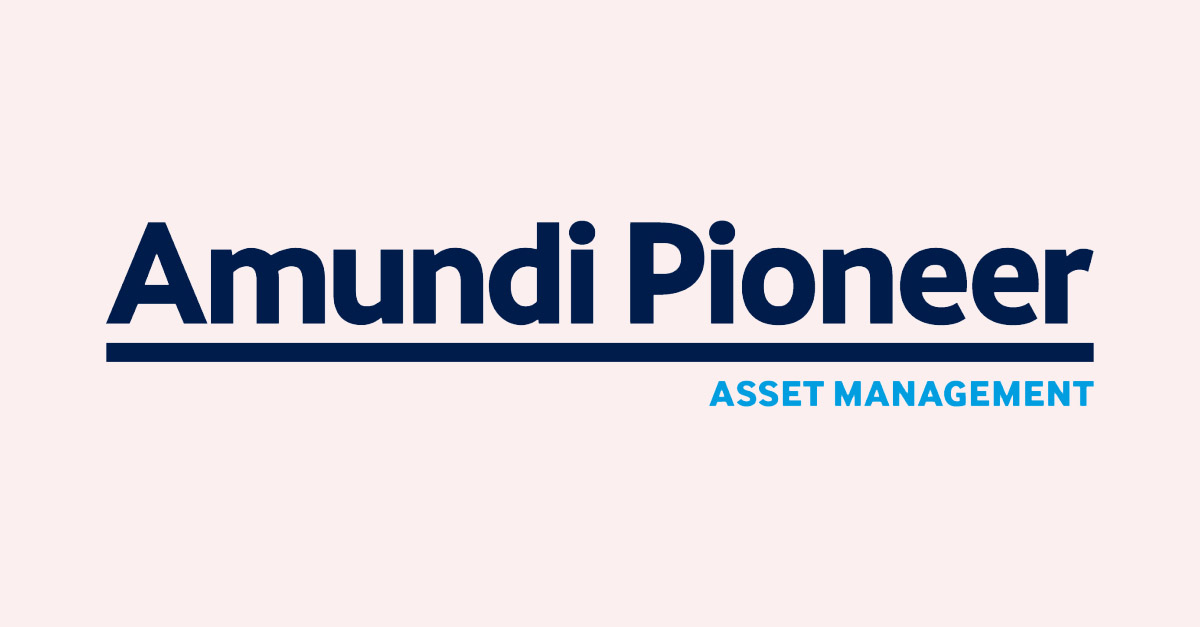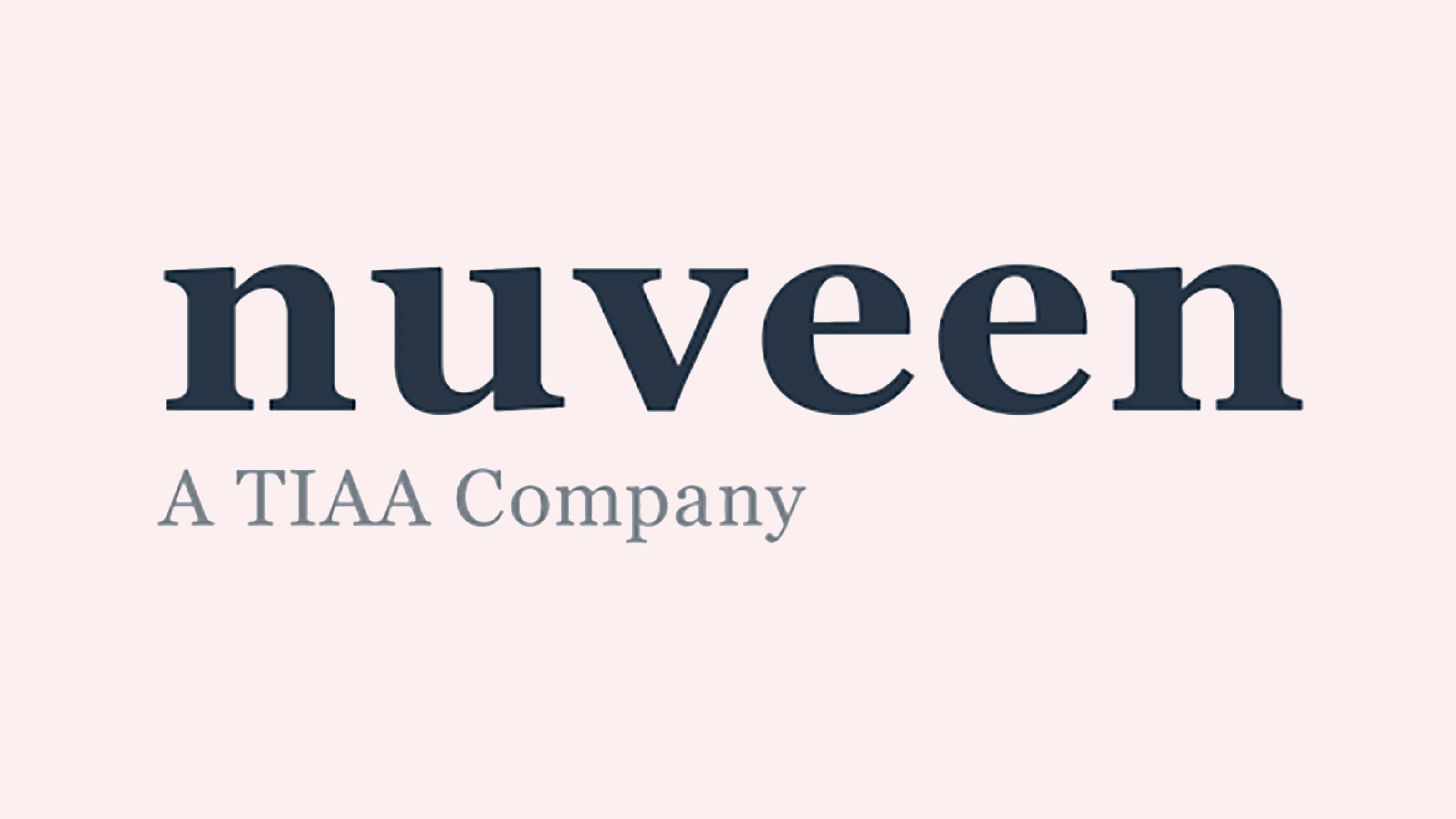3 Municipal Bond Funds for Rich, Tax-Friendly Yields
Municipal bond funds allow you to enjoy the benefits of tax-exempt income. By investing in CEFs, you can sweeten the pot even further.


Profit and prosper with the best of Kiplinger's advice on investing, taxes, retirement, personal finance and much more. Delivered daily. Enter your email in the box and click Sign Me Up.
You are now subscribed
Your newsletter sign-up was successful
Want to add more newsletters?

Delivered daily
Kiplinger Today
Profit and prosper with the best of Kiplinger's advice on investing, taxes, retirement, personal finance and much more delivered daily. Smart money moves start here.

Sent five days a week
Kiplinger A Step Ahead
Get practical help to make better financial decisions in your everyday life, from spending to savings on top deals.

Delivered daily
Kiplinger Closing Bell
Get today's biggest financial and investing headlines delivered to your inbox every day the U.S. stock market is open.

Sent twice a week
Kiplinger Adviser Intel
Financial pros across the country share best practices and fresh tactics to preserve and grow your wealth.

Delivered weekly
Kiplinger Tax Tips
Trim your federal and state tax bills with practical tax-planning and tax-cutting strategies.

Sent twice a week
Kiplinger Retirement Tips
Your twice-a-week guide to planning and enjoying a financially secure and richly rewarding retirement

Sent bimonthly.
Kiplinger Adviser Angle
Insights for advisers, wealth managers and other financial professionals.

Sent twice a week
Kiplinger Investing Weekly
Your twice-a-week roundup of promising stocks, funds, companies and industries you should consider, ones you should avoid, and why.

Sent weekly for six weeks
Kiplinger Invest for Retirement
Your step-by-step six-part series on how to invest for retirement, from devising a successful strategy to exactly which investments to choose.
While stocks can supercharge a portfolio, getting income out of an all-stock portfolio is difficult. Withdrawing at the wrong time can cause an investor to sell at a significant loss, hurting long-term returns. Then there is the tax issue: With long-term capital gains taxes of up to 20%, many retirees will find themselves being squeezed by the IRS as they try to live off their life savings.
There is a solution to these problems: municipal bonds, and municipal bond funds.
"Munis" have been favorites of American retirees for generations. That's not only because they provide tax-free income, but because their low volatility and high yields mean selling at a loss is very hard to do.
"Muni bonds are a good way to provide consistent income, and the tax angle can also provide additional value," says Ben Barzideh, Wealth Advisor with Piershale Financial Group. "Also, bonds tend to fluctuate much less than stocks, so it brings a level of diversification and safety for the overall portfolio."
But how do you buy municipal bonds? After all, they're not easily traded on exchanges such as the NYSE or Nasdaq. And most new muni bond issues are reserved for the largest municipal bond buyers – firms like BlackRock (BLK), whose $7 trillion in assets under management puts it in the front of the line, miles ahead of retail investors, when a municipality wants to sell a bond. Because the big guys have already swallowed up the lowest-risk, highest-yielding bonds on their own, individual investors just can't get their hands on them …
… unless they buy municipal bonds through the big guys. You can do this via municipal bond funds, which are issued by the major bond buyers, who in turn use your cash to go and buy more muni bonds.
If you're going to buy municipal bond funds, consider buying closed-end funds (CEFs). For one, because of how they're constructed, CEFs can trade at a discount, allowing you to buy their net assets for less than if you bought those bonds outright. According to CEF Insider data, the average muni bond CEF has a discount of about 7% right now. That also means CEFs can afford to pay higher dividends. A discounted fund's yield on market price will be higher than on its actual net assets; for instance, a fund with a 7% discount that earns a 4.5% yield from a muni bond portfolio can pay out a yield on market price of 4.8%.
The payouts are even bigger when you consider they're tax-advantaged. If you consider just federal taxes alone, at the highest tax bracket, you'd need a roughly 7.6% yield on a normally taxed bond to bring home the same amount of income as a 4.8% yielding munibond. That number is even higher if state or local tax breaks come into play.
Read on as we look at three of the best municipal bond funds on the market right now.
Data is as of July 1. Distributions can be a combination of dividends, interest income, realized capital gains and return of capital. Distribution rate is an annualized reflection of the most recent payout and is a standard measure for CEFs. Fund expenses include interest expenses and are provided by Morningstar. Discount data provided by Nuveen's CEF Connect.

Western Asset Intermediate Muni Fund
- Assets under management: $121.0 million
- Distribution rate: 3.3%
- Expenses: 1.76%
Let's start with the Western Asset Intermediate Muni Fund (SBI, $8.59), which trades at an unusually large 14.1% discount to NAV right now. The fund's average discount over the past five years has hovered around the 8% level.
That high discount also makes SBI's reasonable 3.3% distribution rate incredibly sustainable. That's because SBI really only needs to yield a roughly 2.9% yield from its investments to afford its current payout. In fact, given that the average coupon of SBI's portfolio is 4.9%, it's entirely plausible that SBI could increase payouts in the future, which in turn would bring in more buyers.
But even if that doesn't happen, you're still getting a tax-equivalent yield of 5.2%, which is nothing to sneeze at.
As for the portfolio itself, Western Asset Intermediate Muni typically invests at least 80% of its assets in investment-grade municipal bonds with maturities of between three and 10 years. Right now, SBI's 211-bond portfolio is of very high quality, with 92% of the portfolio at an investment-grade BBB or higher. Holdings include municipal bonds tethered to things such as transportation, industrial revenue, power, and water and sewer.
Like many closed-end funds, SBI uses debt leverage in an attempt to enhance returns; at the moment, it has a 25% leverage ratio, according to Morningstar. That means for every dollar of investible capital it has, 25 cents of that comes from debt leverage.
As you'll see in a moment, you can certainly get better yields out of municipal bond CEFs. But if you want a pretty reliable payout that's better than the 1.3% on offer from an index fund such as the iShares National Muni Bond ETF (MUB), SBI is worth checking out. Just note that because of leverage, its price often will be more volatile than the likes of MUB.
Learn more about SBI at the Legg Mason provider site.
13 Best Vanguard Funds for the Next Bull Market

Pioneer Municipal High Income Advantage Trust
- Assets under management: $252.4 million
- Distribution rate: 4.8%
- Expenses: 2.61%
If you're looking for more yield than SBI, you can consider the Pioneer Municipal High Income Advantage Trust (MAV, $10.56) – another broad-based municipal bond fund whose 4.8% yield can be chalked up to a number of factors.
One is fairly high leverage of 36% at the moment. Another is a somewhat lower-quality portfolio of bonds; 70% are investment-grade, and only about two-thirds are rated A or higher.
That might sound alarm bells for risk-averse investors. But understand that, based on Moody's data from 1970 to 2008, muni bonds have a very low default rate of less than 0.1%. Moreover, the Federal Reserve is lending a hand by buying up municipal bonds. Spreading out assets across roughly 150 holdings helps tamp down risk somewhat, too.
Another factor helping out the yield – and reducing risk for new money – is a deep 12.5% discount to NAV that's four times its five-year average.
None of this means you can completely escape the potential risk of greater muni-bond defaults should the economy's turnaround take much longer than hoped for. But if you're really looking for minimal risk, you're better off avoiding munis altogether and seeking out Treasuries or money-market funds.

Nuveen New Jersey Quality Municipal Income Fund
- Assets under management: $551.2 million
- Distribution rate: 5.0%
- Expenses: 2.07%
Finally, the Nuveen New Jersey Quality Municipal Income Fund (NXJ, $13.28) is a great example of a fund's income benefitting from a massive discount to NAV. Specifically, its roughly 5% yield is propped up by a nearly 17% discount. That makes it one of the most heavily mispriced municipal bond funds on the market.
Part of the reason behind NXJ's big discount is its focus on a single state: New Jersey. This lowers the appeal of many bond investors in other states who feel uncomfortable with or alienated by a bond from another part of the country. Moreover, unless you're a New Jersey resident, you don't get the additional state tax break on NXJ's income.
But investors nationwide should still consider taking advantage of this market inefficiency.
The vast majority (94%) of the portfolio is rated investment-grade. In fact, 18% of NXJ's holdings have an AAA rating – the highest grade Standard & Poor's doles out. And New Jersey has had fewer defaults than the market average of less than 0.1%, so the risks in Nuveen New Jersey Quality Municipal Income don't appear significantly higher than in other muni bond funds.
That makes NXJ's yield all the more compelling.
Learn more about NXJ at the Nuveen provider site.
For more great income ideas check out Michael's latest free special report, "Indestructible Income: 5 Bargain Funds with Safe 8.7% Dividends."
Profit and prosper with the best of Kiplinger's advice on investing, taxes, retirement, personal finance and much more. Delivered daily. Enter your email in the box and click Sign Me Up.

-
 Dow Leads in Mixed Session on Amgen Earnings: Stock Market Today
Dow Leads in Mixed Session on Amgen Earnings: Stock Market TodayThe rest of Wall Street struggled as Advanced Micro Devices earnings caused a chip-stock sell-off.
-
 How to Watch the 2026 Winter Olympics Without Overpaying
How to Watch the 2026 Winter Olympics Without OverpayingHere’s how to stream the 2026 Winter Olympics live, including low-cost viewing options, Peacock access and ways to catch your favorite athletes and events from anywhere.
-
 Here’s How to Stream the Super Bowl for Less
Here’s How to Stream the Super Bowl for LessWe'll show you the least expensive ways to stream football's biggest event.
-
 Dow Leads in Mixed Session on Amgen Earnings: Stock Market Today
Dow Leads in Mixed Session on Amgen Earnings: Stock Market TodayThe rest of Wall Street struggled as Advanced Micro Devices earnings caused a chip-stock sell-off.
-
 Nasdaq Slides 1.4% on Big Tech Questions: Stock Market Today
Nasdaq Slides 1.4% on Big Tech Questions: Stock Market TodayPalantir Technologies proves at least one publicly traded company can spend a lot of money on AI and make a lot of money on AI.
-
 Fed Vibes Lift Stocks, Dow Up 515 Points: Stock Market Today
Fed Vibes Lift Stocks, Dow Up 515 Points: Stock Market TodayIncoming economic data, including the January jobs report, has been delayed again by another federal government shutdown.
-
 Stocks Close Down as Gold, Silver Spiral: Stock Market Today
Stocks Close Down as Gold, Silver Spiral: Stock Market TodayA "long-overdue correction" temporarily halted a massive rally in gold and silver, while the Dow took a hit from negative reactions to blue-chip earnings.
-
 Nasdaq Drops 172 Points on MSFT AI Spend: Stock Market Today
Nasdaq Drops 172 Points on MSFT AI Spend: Stock Market TodayMicrosoft, Meta Platforms and a mid-cap energy stock have a lot to say about the state of the AI revolution today.
-
 S&P 500 Tops 7,000, Fed Pauses Rate Cuts: Stock Market Today
S&P 500 Tops 7,000, Fed Pauses Rate Cuts: Stock Market TodayInvestors, traders and speculators will probably have to wait until after Jerome Powell steps down for the next Fed rate cut.
-
 S&P 500 Hits New High Before Big Tech Earnings, Fed: Stock Market Today
S&P 500 Hits New High Before Big Tech Earnings, Fed: Stock Market TodayThe tech-heavy Nasdaq also shone in Tuesday's session, while UnitedHealth dragged on the blue-chip Dow Jones Industrial Average.
-
 Dow Rises 313 Points to Begin a Big Week: Stock Market Today
Dow Rises 313 Points to Begin a Big Week: Stock Market TodayThe S&P 500 is within 50 points of crossing 7,000 for the first time, and Papa Dow is lurking just below its own new all-time high.
